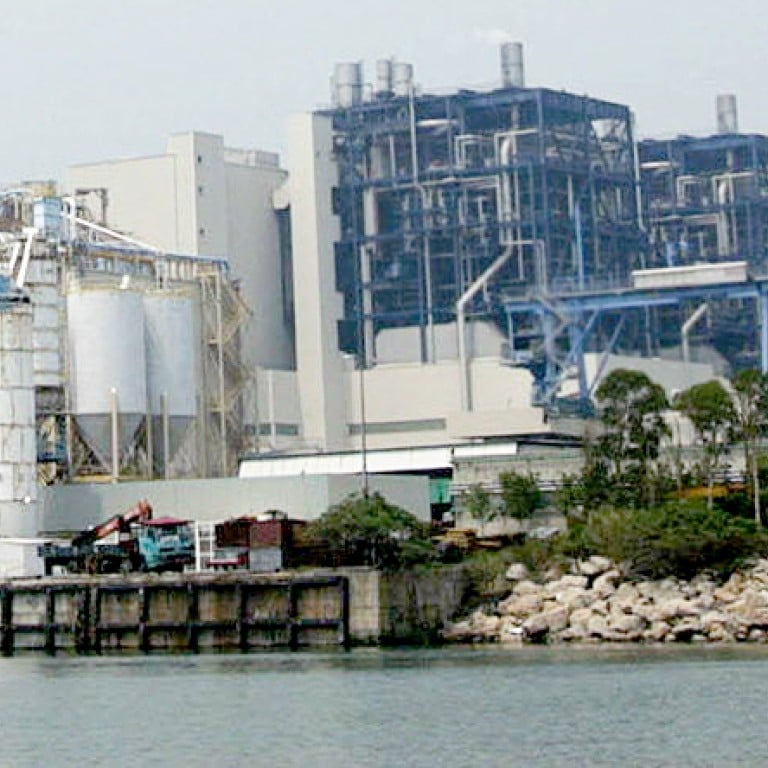
Public to be consulted on liberalising Hong Kong's electricity market
Environment Bureau's pledge to consult public by end of year on liberalising market comes amid debate on sourcing more mainland power
The public will be consulted on whether to open up the market for Hong Kong's electricity supply within the year, the Environment Bureau said yesterday.
At present the market is limited to two firms - CLP Power and HK Electric - and the government must inform them if it intends to open the market by 2016. The current regulatory regime expires in 2018.

Secretary for the Environment Wong Kam-sing told lawmakers on Legco's economic development panel yesterday the bureau would consult the public this year on opening the market, but did not specify the timetable, or scope, of the consultation.
The announcement comes amid an ongoing public consultation over whether to introduce a new power source from the mainland - and import up to 30 per cent of grid power - or to triple the proportion of energy produced locally from natural gas to 60 per cent.
Some critics say the uncertainty surrounding the market framework has made it difficult to pick the best energy mix.
Wong reiterated yesterday that the government had no preferred energy mix, but said the proposal to import from the mainland would "make room to open up the market", while relying more heavily on local production would "shrink" it.
Under the import option, about 15 billion kilowatt-hours would be imported from China Southern Power Grid via Guangdong by 2023. This would be in addition to the nuclear power imports from Daya Bay that Hong Kong has secured until 2024 in a deal with Guangdong.
"Apart from the four factors of pricing, reliability, safety and environment, we should also consider the two options' relationships with the market liberalisation and their [degrees of] fuel diversification," said Wong.
Democrat Wu Chi-wai asked whether importing power was the only way to open the market. "Why can't we just put the 30 per cent electricity market share to open auction? Wouldn't that be more competitive?" he asked.
Christine Lo Kung-wai, undersecretary for the environment, said new local investors were unlikely to come forward.
Kenneth Chan Ka-lok, of the Civic Party, questioned whether officials' apparent preference for importing power was part of a negotiation strategy to deal with the two power firms.
Jeffery Lam Kin-fung, a lawmaker and executive councillor, expressed fears over the reliability of the mainland grid.
"As a factory operator on the mainland, I can tell you … occasionally, power is cut off without prior notice," he said.
Wong said China Southern Power Grid's available power was growing at 10 per cent per year.
